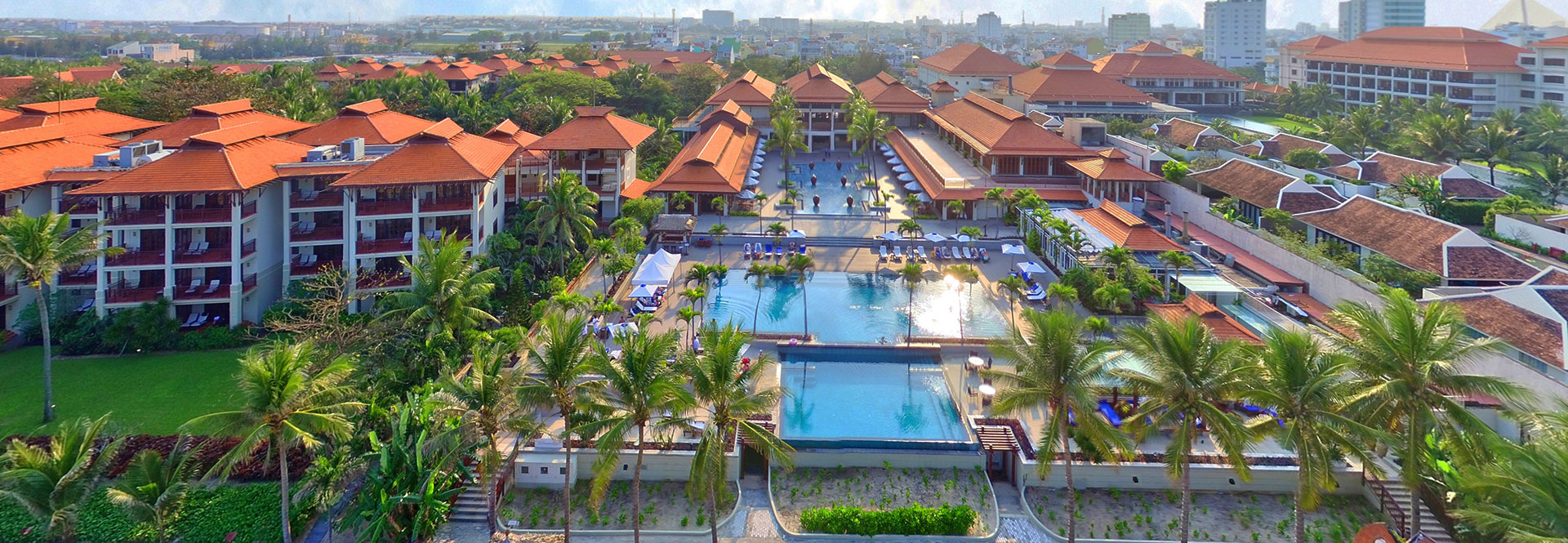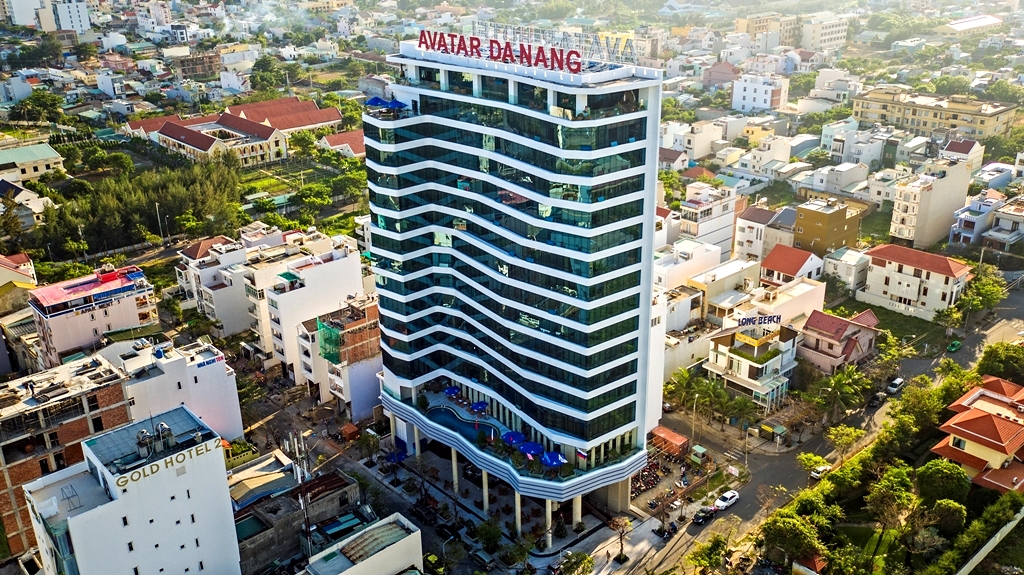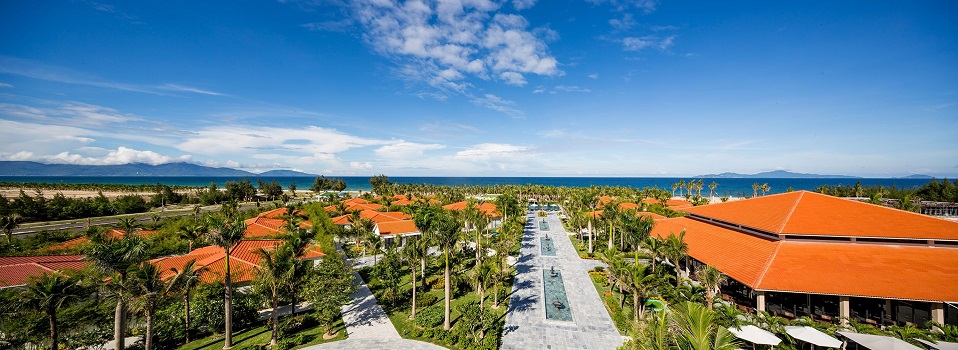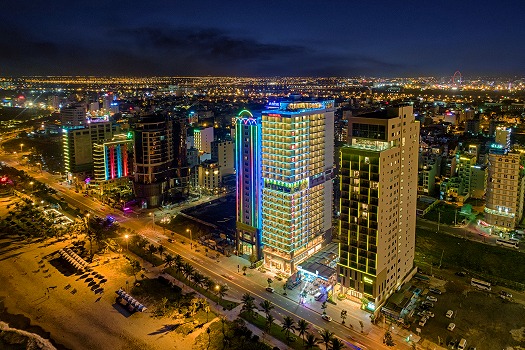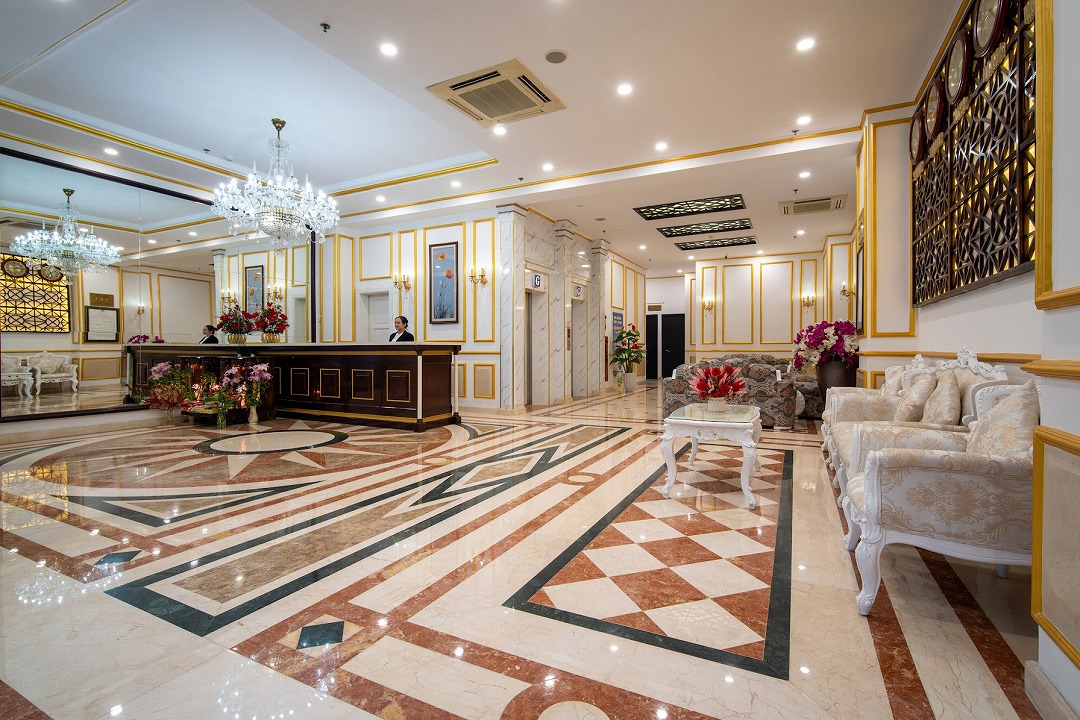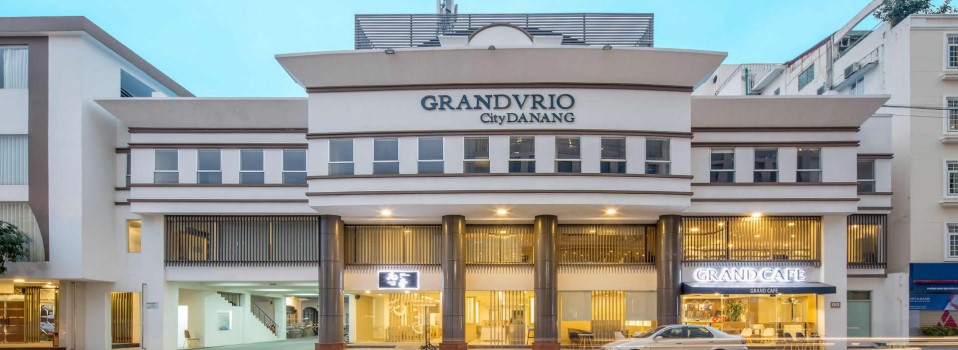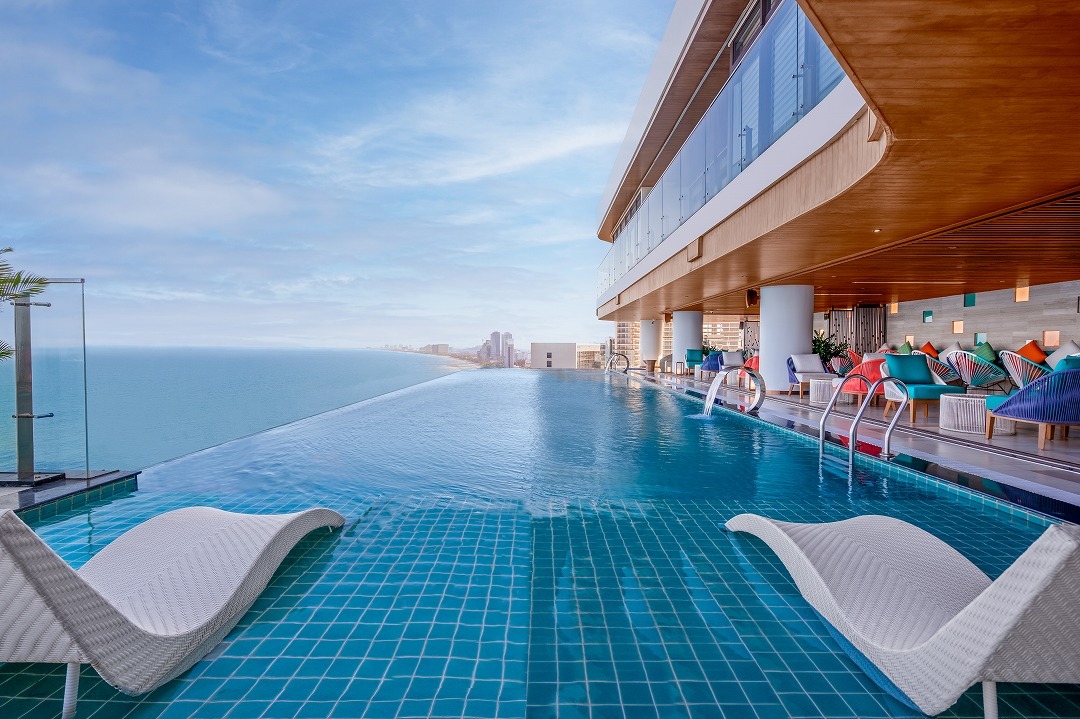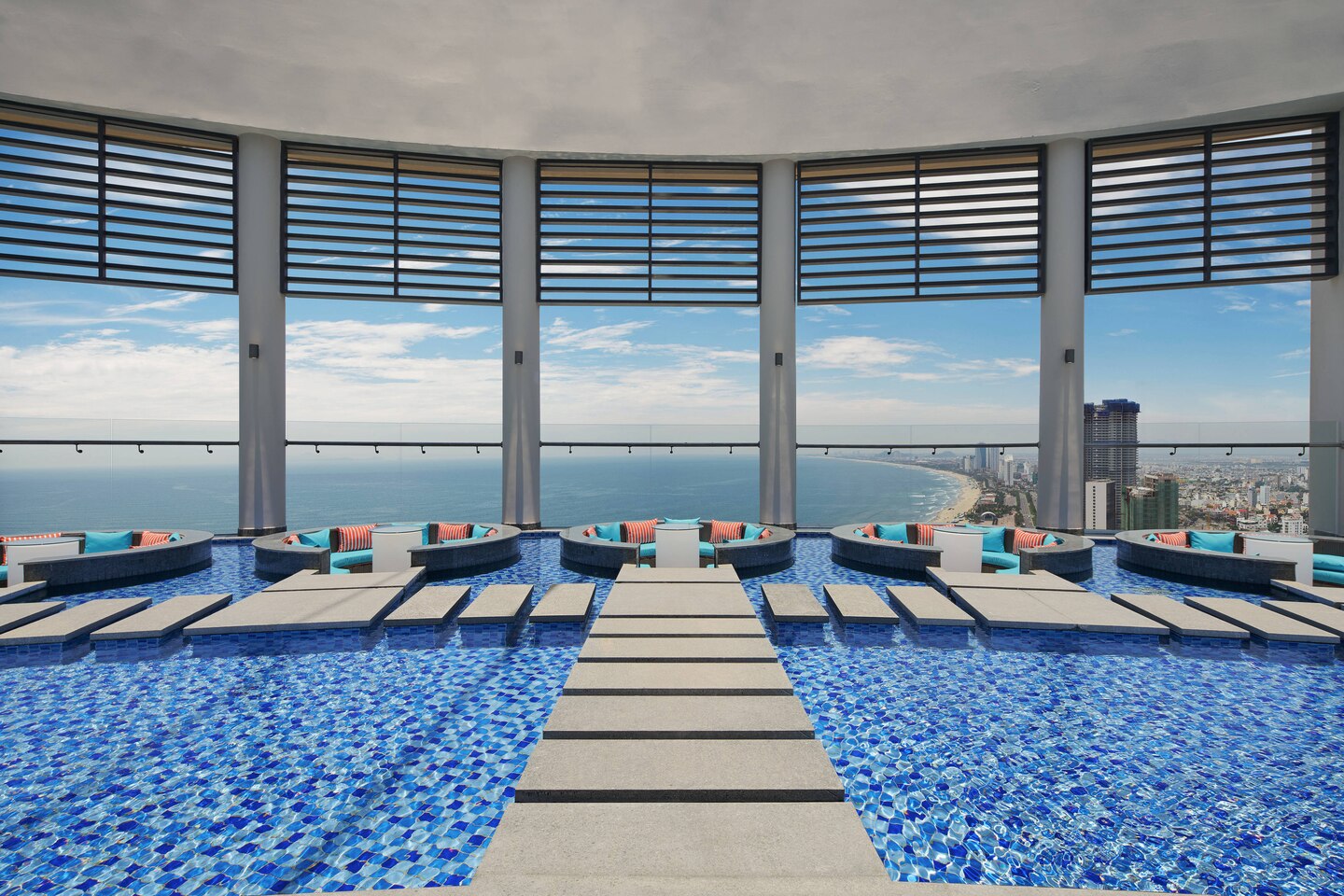Q & A related to our financial safety of INTERNATIONAL DEVELOPERS, INC.
-
Q1Is there any problem with cash flow? Is there a loan from a financial institution?A
A The balance of the year-end loan from financial institutions is 0 yen (no debt) from in 2009 to current (April 24, 2025). There is no problem with cash flow because there is nothing other loans or any pertaining to loans.
2009
Year-end2010
Year-end2011
Year-end2012
Year-end2013
Year-end2014
Year-end2015
Year-end2016
Year-end0 yen 0 yen 0 yen 0 yen 0 yen 0 yen 0 yen 0 yen 2017
Year-end2018
Year-end2019
Year-end2020
Year-end2021
Year-end2022
Year-end2023
Year-end2024
Year-end0 yen 0 yen 0 yen 0 yen 0 yen 0 yen 0 yen 0 yen -
Q2How much is the IDI 's capital?A
A The capital of the company is 100 million yen.
For reference, the standard asset value required for the travel industry prescribed by the Travel Business Law is as shown in the table below. (Our company is the first type of travel industry.)
Article 3 of travel industry regulations in Japan:
Travel Industry Standard capital amount 1st type of travel industry in Japan 30 million yen 2nd type of travel industry in Japan 7 million yen 3rd type of travel industry in Japan 3 million yen -
Q3Has the management statement been accurately prepared?A
A At IDI, we comply with strict accounting standards and prepare financial statements.
In addition, since the IDI falls under the unlisted company, capital of 500 million yen or less, debt of 20 billion yen or less, there is no legal obligation in audit of accounts in Japan. However, in order to raise the company's own social trust,we have been receiving accounting audits by certified public accountants every fiscal year for each settlement of accounts.
-
Q4Why IDI thinks it is necessary to conduct accounting auditing?A
A Although we do not have any legal obligation to audit the accounts, we believe that reliability will be secured by receiving the accounts audit .Based on strict accounting treatment we will prepare the statement of accounts.
(We are subject to accounting audits of certified public accountants with the aim of creating a financial statement as more objective indicator of management judgment. )
-
Q5Do you have any other indicators to understand the company's financial situation?A
There are indices commonly used to know the soundness of the company's financial situation.
When applying our latest accounts, it is as follows.
IDI
December in 2024Listed Travel Company A
October in2024Listed Travel Company B
March in 2024Listed Travel Company C
March in 2024Average Rate
(according to a survey by T company)Current Ratio 167.8% 60.9% 422.2% 106.7% 141.3% Fixed Ratio 15.7% 438.2% 15.1% 162.5% 98.9% Debt Equity Ratio (DER) 131.7% 576.3% 59.6% 499.4% 248.9% Capital Adequacy Ratio 43.2% 14.8% 62.7% 16.7% 28.7% Interest-bearing debt composition ratio 0.0% 58.3% 14.8% 8.2% 19.0% Glossary
- ❶ Current Ratio
- Indicators showing short-term debt service ability of corporate finance.Generally, it is said that safety is high if it is 100% or more.
- ❷ Fixed Ratio
- Indicators showing long-term ability to pay corporate finance.In general, if it is within 100%, finance is said to be sound.
- ❸ Debt Equity Ratio (DER)
- Indicator showing medium to long-term soundness of corporate finance.
In general, the lower the debt ratio is, the higher repayment capacity is, and the financial stability is said to be high. - ❹ Capital Adequacy Ratio
-
Indicator showing corporate finance funding capacity.
In general it is considered healthy if it is 20 to 30%, it is said that it is ideal if it exceeds 50%. Conversely, if it is less than 10% it is judged to be under capital.
*By market in Japan, these are approximate to the last because they vary according to company size and industry.
- ❺ Interest-bearing debt ratio
-
This is the ratio that shows how much interest-bearing debt is relative to equity. Since many small and medium-sized enterprises do not issue corporate bonds, interest-bearing debt for small and medium-sized enterprises mostly refers to the sum of short-term loans and long-term loans. In the case of the interest-bearing debt ratio, the lower the number, the more stable the company's management. The appropriate level of interest-bearing debt ratio for small and medium-sized enterprises is considered to be 100% or less.






